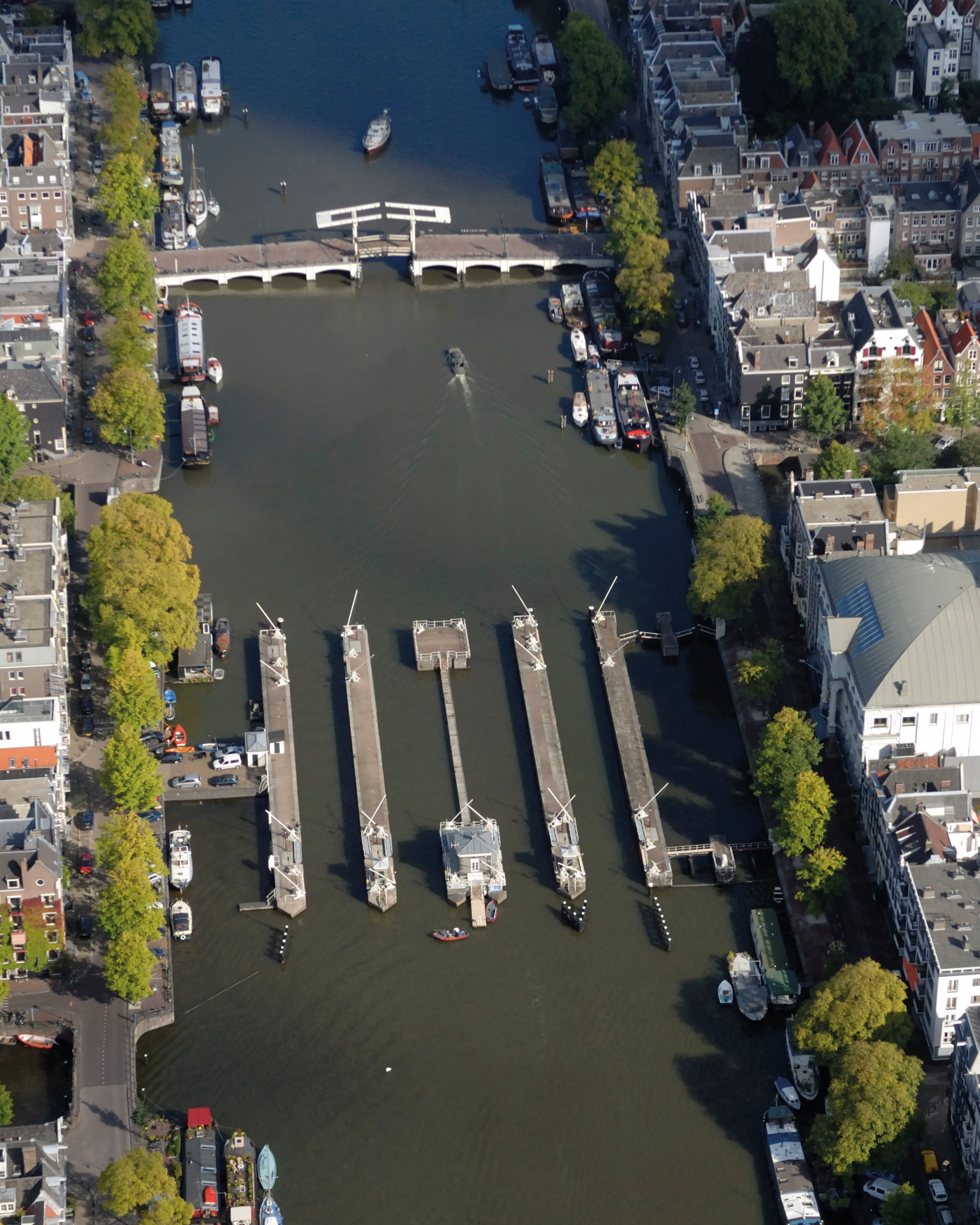

Downloads
DOI:
https://doi.org/10.58981/bluepapers.2023.1.13Published
Issue
Section
License
Copyright (c) 2023 Sannah Peters, Maarten Ouboter & Jeroen Oomkens

This work is licensed under a Creative Commons Attribution 4.0 International License.
How to Cite
Abstract
As one of the most famous delta cities in the world, Amsterdam exemplifies how decisions and narratives from the past can be the driving force for present-day actions and more effective design principles for future city planning. Water management in Amsterdam has often been, and frequently still is, reactive in response to water hazards, flooding, droughts, pollution and disease. While contemporary pressures urge water managers to redesign the living environment in harmony with changing water cycles, the centuries-long history of water awareness, cumulative knowledge and long-term spatial planning has led to gradual improvement throughout Amsterdam. Many solutions are still relevant today and are essential in decision making as we design a new climate-resilient future and deal with challenges such as sea-level rise and demographic change. Despite residing below sea level, the people of the delta city of Amsterdam exhibit a profound sense of confidence and security against flooding. Moreover, the material and immaterial dimensions of the water network serve as a tangible reminder of our ancestors’ deltaic identity, highlighting their contributions to our current living environment. Therefore, the water system plays a vital role in preserving Amsterdam’s urban landscapes, cultural heritage and historical significance, which also helps strengthen this delta city’s future water management and urban planning.
References
Khatri, Nitasha, and Sanjiv Tyagi. 2015. “Influences of Natural and Anthropogenic Factors on Surface and Groundwater Quality in Rural and Urban Areas.” Frontiers in Life Science 8: 23–39.
Koop, Stef, Laurence Koetsier, Alisa Doornhof, Otto Reinstra, Kees van Leeuwen, Stijn Brouwer, Carel Dieperink and Peter Driessen. 2017. “Assessing the Governance Capacity of Cities to Address Challenges of Water, Waste, and Climate Change.” Water Resources Management 31: 3427–43.
Peters, Sannah, Maarten Ouboter, Kees van der Lugt, Stef Koop and Kees van Leeuwen. 2021. “Retrospective Analysis of Water Management in Amsterdam, The Netherlands.” Water 3, no. 8: 1099. https://doi.org/10.3390/w13081099.
Zwaan, Jacob. 1984. Amstelland een Hoogheemraadschap in Kaart en Beeld [The Water Board of Amstelland Represented in Maps and Illustrations]. Alphen aan den Rijn: Canaletto.


